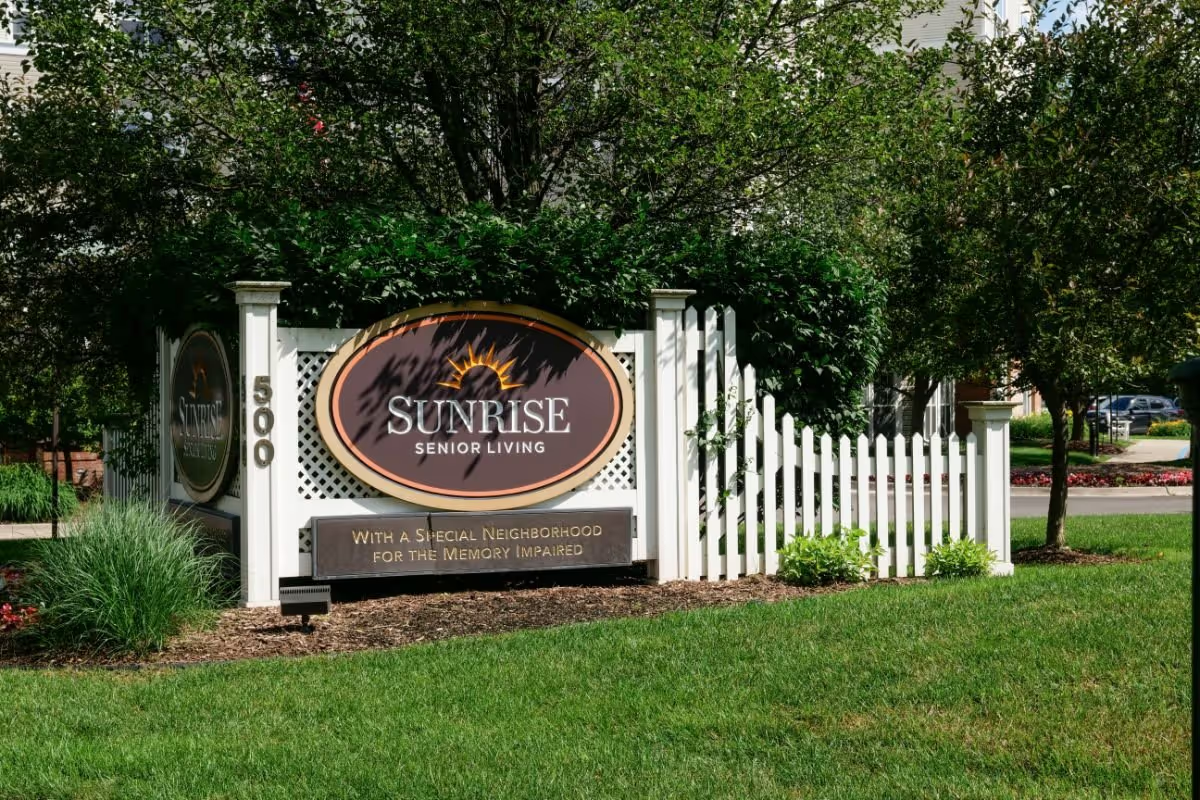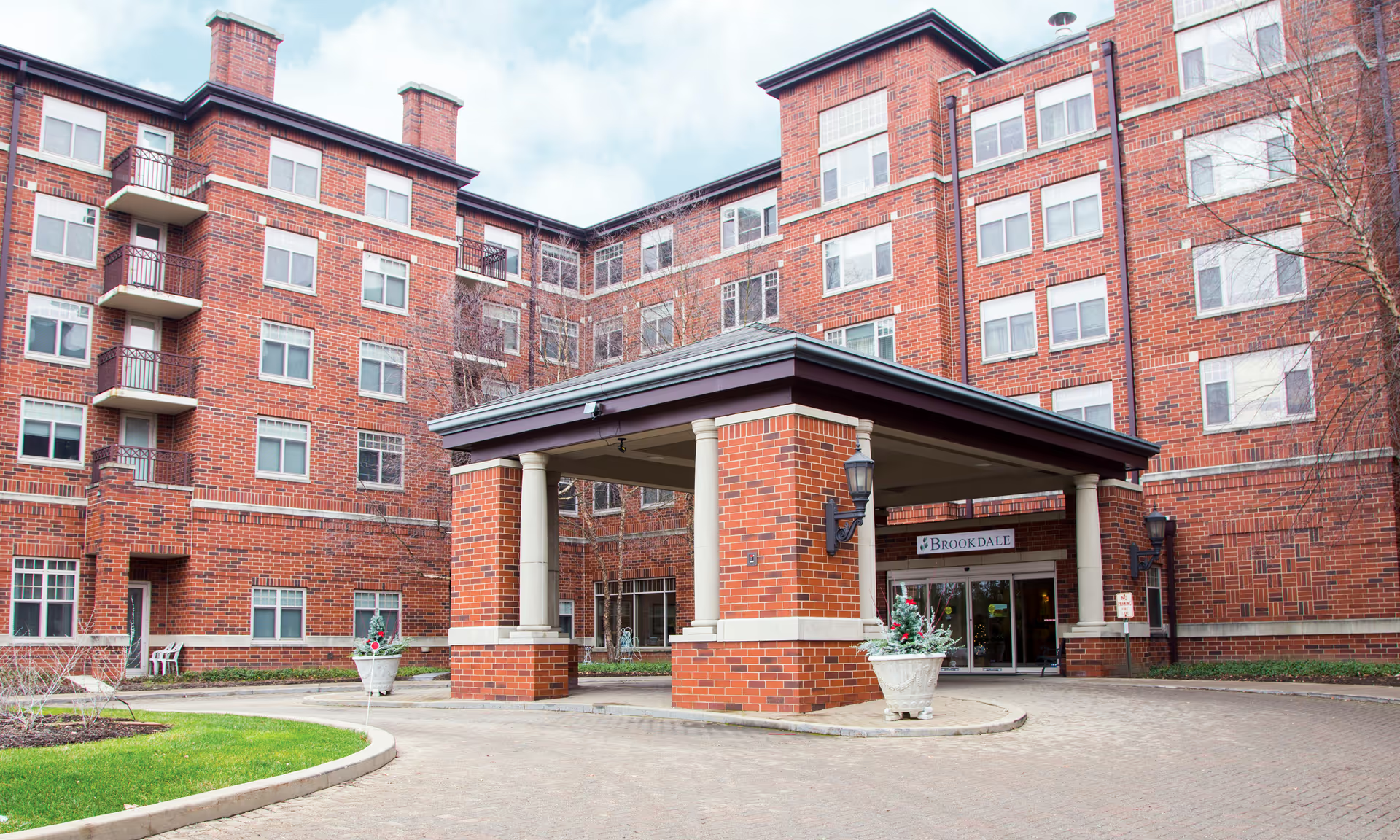Overall sentiment: Reviews for Brookdale Ann Arbor are strongly mixed, with a clear pattern of very positive experiences grounded chiefly in attentive front-line caregivers, attractive physical spaces, and a robust activity and dining program — contrasted with a smaller but significant set of reports describing clinical lapses, inconsistent management follow-through, and concerns about staffing and cost. Many families and residents praise the community for its cleanliness, landscaped grounds, restaurant-style dining, social programming, and a staff culture that, in numerous accounts, treats residents with warmth and individualized attention. However, several reviews describe serious quality and safety issues (missed medications, delayed nursing response, toileting neglect, falls) that in some cases led to residents being moved out and strong negative recommendations.
Care quality and staffing: A dominant theme is the excellence of on-floor caregivers: reviewers frequently describe aides and care associates as loving, compassionate, and personally invested in residents. Multiple accounts emphasize long-tenured staff who know residents by name, strong teamwork, and staff who “go above and beyond.” Conversely, there are persistent concerns about staffing levels (especially during peak times or outbreaks), reliance on med techs instead of licensed nurses, and instances where nursing coverage did not match contractual promises. Several reports mention medication errors or missed medication distribution, and a few describe dangerous delays in nursing response (including a four-day delay and toileting gaps reported between every-3-hours promised care and actual 7–13 hour intervals). These clinical issues are not universal across reviews but are serious where they occur and represent a noteworthy risk pattern.
Facilities and amenities: Reviewers consistently praise the physical plant — elegant interiors, a welcoming lobby, well-kept grounds, easy outdoor access, and multiple common areas for socializing. Apartments are described as apartment-style or mini-apartments with some units offering kitchenettes and large windows; that said, some reviews call rooms small with limited closet/storage space. The community has desirable location assets (close to hospitals, shopping, and expressways) and useful onsite amenities such as a salon, gym/therapy room, and craft areas. Renovations and updates were noted by several reviewers, although a few commented that some spaces (entryway color scheme, small dining spaces) were less impressive.
Dining and activities: Dining receives strong praise from many reviewers: restaurant-style service, varied and appealing menus, healthy options and desserts, hydration focus, and staff appreciation for meals. Some families singled out Thanksgiving and other special meals as highlights. At the same time, a minority of reviewers described the food as bland or “horrible,” indicating variability in culinary experience. Activities are another often-cited strength — daily exercise classes, memory-care specific programs, live music, outings, bingo, art projects and special events. Several residents reported meaningful social engagement (painting for the first time, bus rides, picnics). However, activity levels can drop during flu or COVID outbreaks, and some reviewers described low resident presence in common areas or a limited activity schedule (e.g., only bingo/cards), again suggesting variability by time, unit, or staffing.
Management, communication and COVID response: Many families compliment Brookdale Ann Arbor’s administrative team for transition support, frequent communication, and creative updates during COVID (photos, videos, Zoom and window visits). Positive accounts highlight responsive administration and proactive safety measures that kept residents safe and families informed. Conversely, there are repeated complaints about inconsistent follow-through, marketing promises that did not match delivered services, poor responses to documentation requests, and problematic billing/fee structures. A smaller number of reviewers reported severe administrative lapses — failure to obtain hospital discharge documentation, allowing unescorted departures, and even unconsented financial withdrawals — all of which raise substantive governance concerns.
Safety and clinical incidents: While many reviews emphasize safety and high-quality care, multiple reports allege neglectful practices with tangible consequences: falls requiring ER visits, residents left unattended after falls, toileting neglect, and lapses in medication administration. The range of these reports indicates that while the community can and often does provide safe, high-quality care, there are documented instances of dangerous lapses that prospective residents and families should investigate thoroughly.
Cost and value: Cost is a recurring issue: multiple reviewers cite high pricing, fee structures that can be confusing or perceived as gouging, and occasional statements that families are “paying for location not care.” Others explicitly say they received good value for money and that the community was their best choice. This suggests that perceptions of value depend strongly on individual expectations, contract clarity, and the experience of care during the specific stay.
Patterns and variability: The strongest overall pattern is variability — many reviews describe an excellent, loving community with strong staff, good food, and meaningful activities; a notable minority report serious clinical and administrative failures. Differences appear to be driven by staffing levels/shifts, the unit or memory-care vs assisted-living floor, specific staff members on duty, and periods of outbreak or renovation. Some reviewers recommend Brookdale Ann Arbor highly and would place other family members there; others explicitly advise against it after negative incidents.
Bottom line and considerations for prospective families: Brookdale Ann Arbor offers many strengths — attractive grounds and facilities, engaged dining and activities programs, a large cohort of compassionate caregivers, and strong COVID-era communication in many accounts. At the same time, there are credible reports of understaffing, missed medications, delayed nursing, and administrative problems that have led to significant harm in individual cases. Prospective families should perform targeted due diligence: ask for current staffing ratios, on-site licensed nursing schedule and emergency response protocols, examples of how toileting/turning and medication administration are documented and audited, recent inspection or complaint records, clear written details in the contract regarding 24/7 nursing and fee structure, and references from current family members. A tour during different times of day, speaking directly with care staff and families, and confirming written policies on documentation and incident reporting will help determine whether the positive experiences described by many reviewers are representative of current practice at the community.







